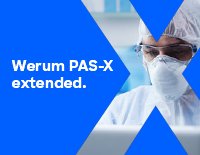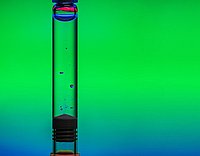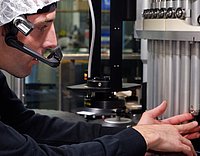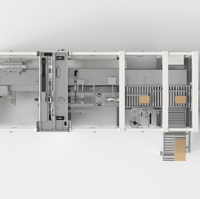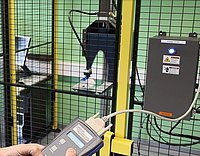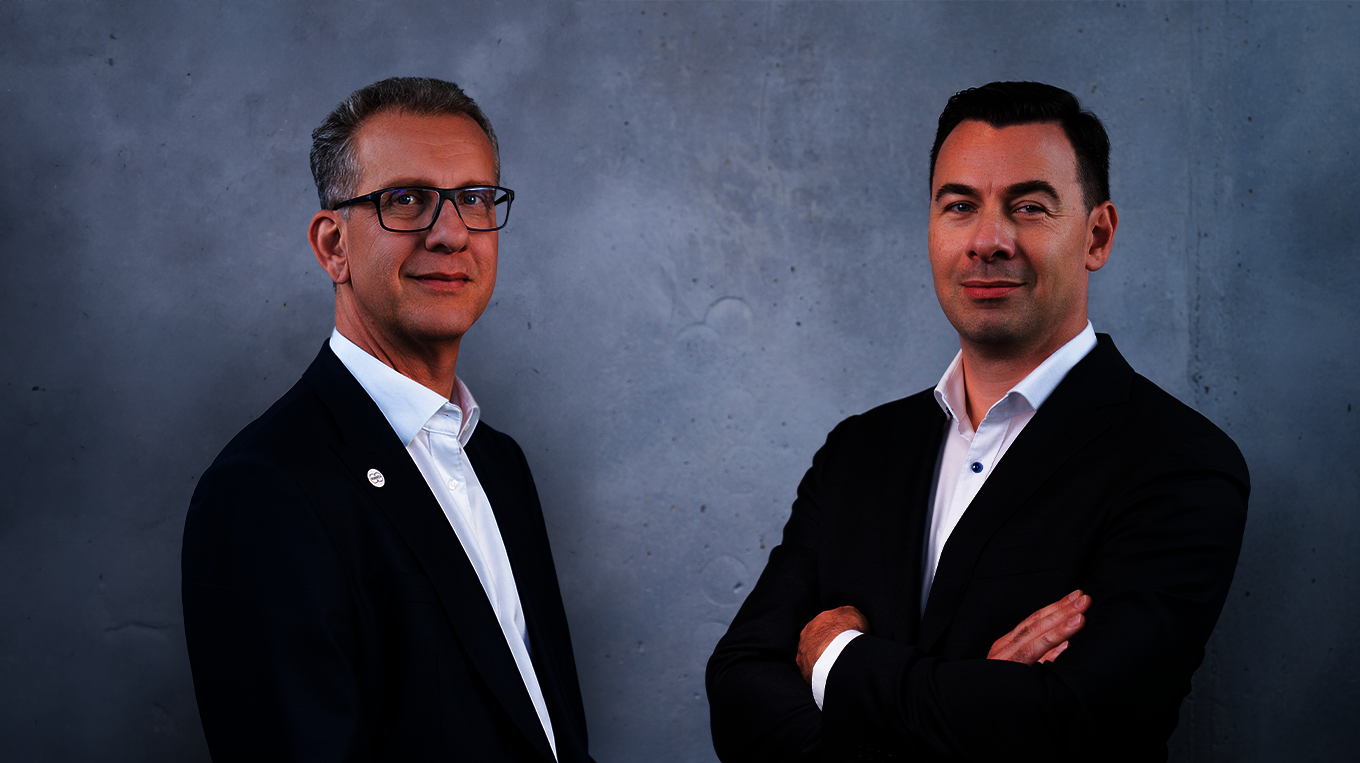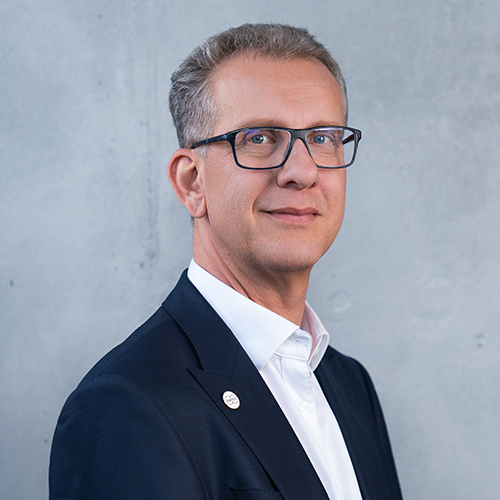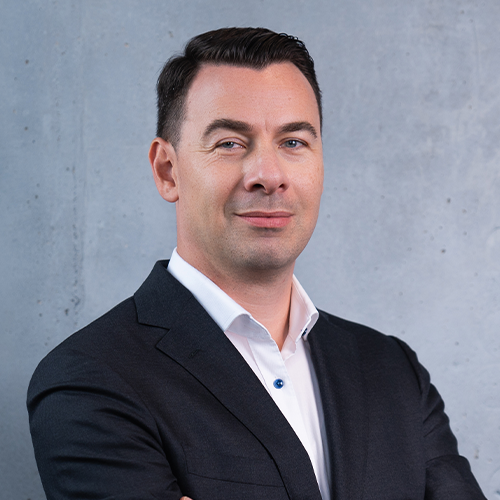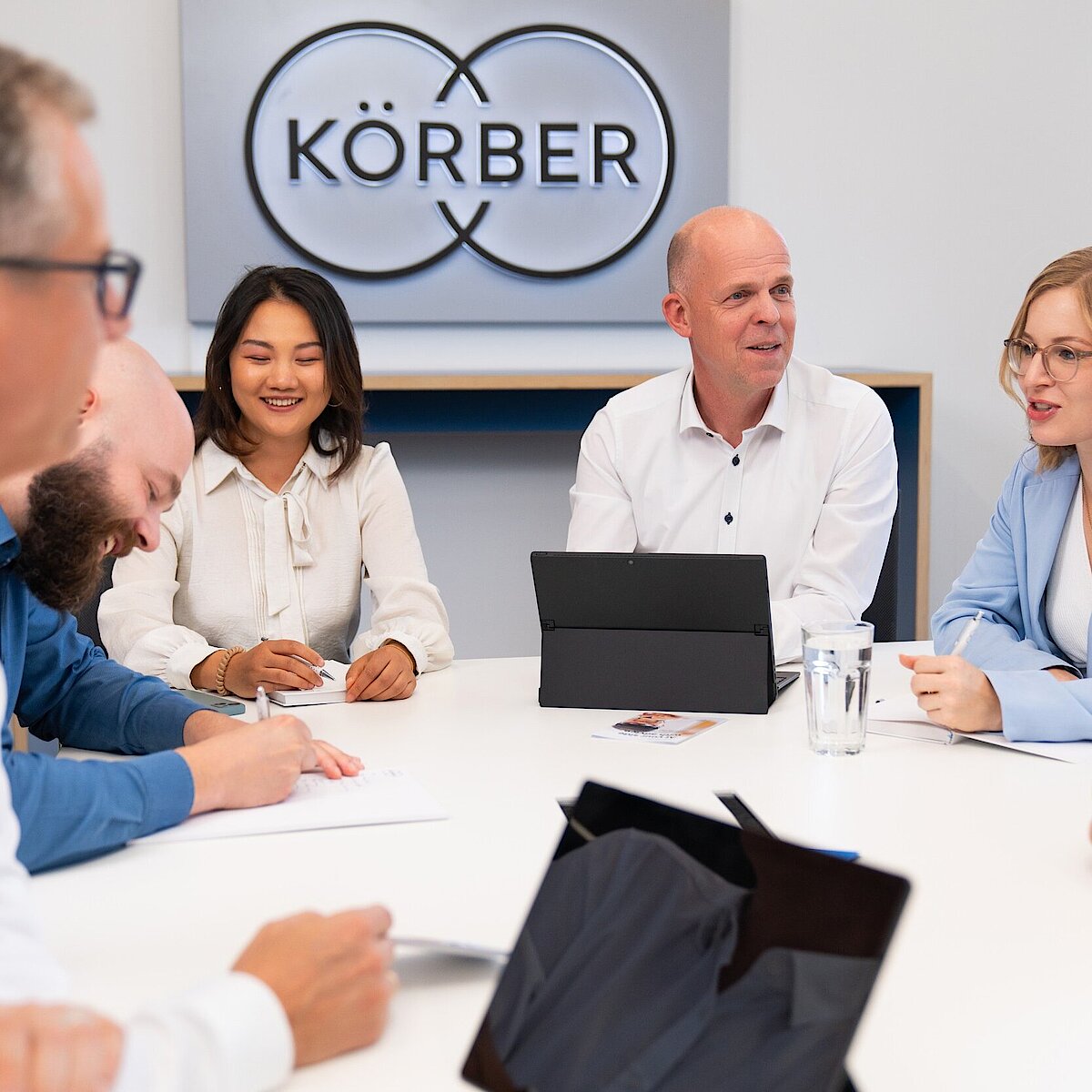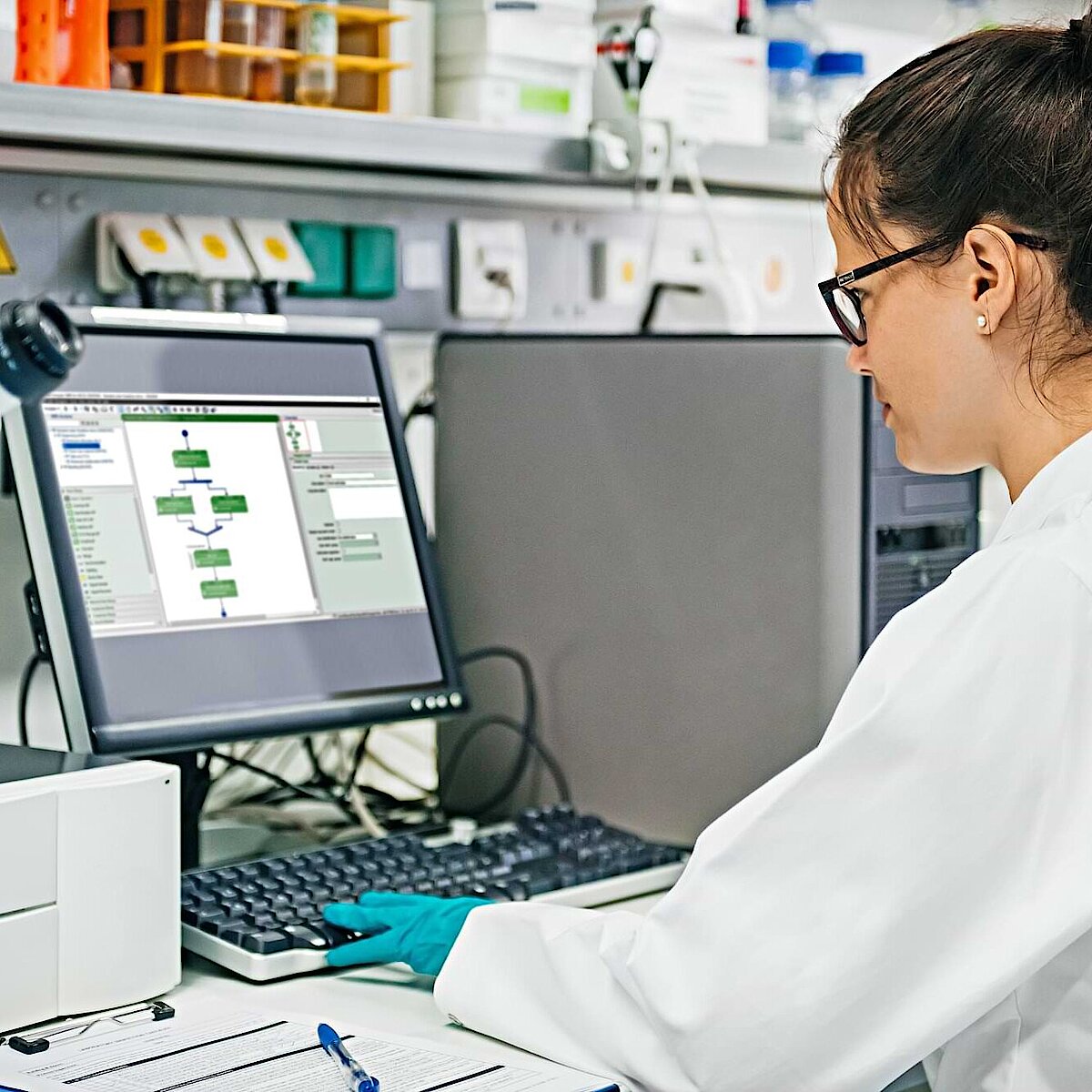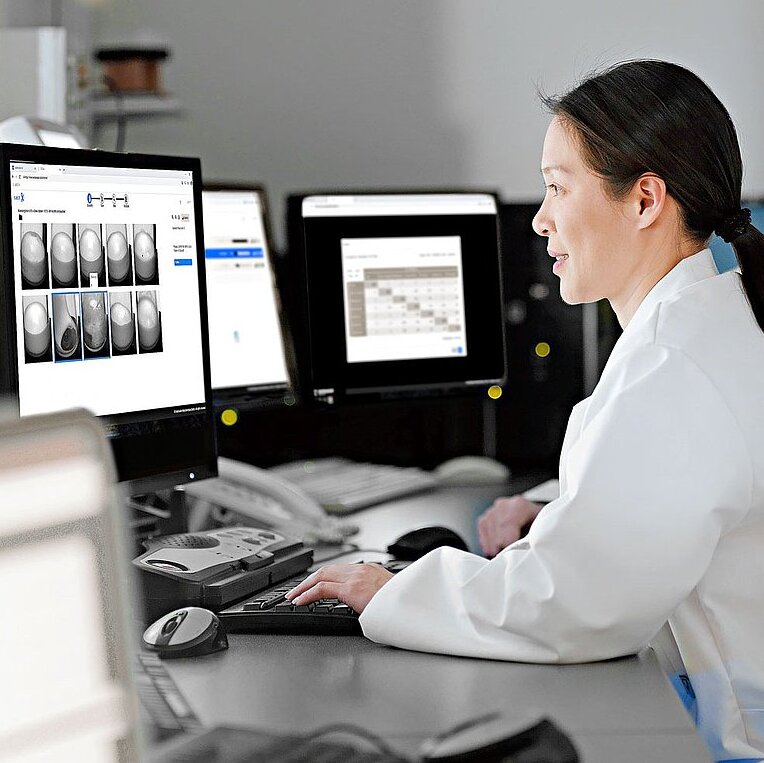What challenges do companies from the pharmaceutical industry – practically speaking – approach you with?
Stefan: This could be, for example, a restructuring or the establishment of a quality management system. In practical terms, this usually involves describing the customer's processes, and in some cases also the design of these processes. We start where processes and valuable information often remain undocumented - we put them in writing. We also validate systems: This includes evaluation, risk management, testing, writing, and performing tests, primarily in the software environment, but also in the hardware environment. We apply current best practices in order to get through such procedures with as little risk as possible.
Philipp: Another challenge is the integration of MES with ERP or other systems. An important part of digitalization is that the systems must communicate with each other. Otherwise, you always enter information by hand or transfer it to paper, which can quickly lead to errors and is time-consuming. Creating the right concepts, and determining which data should flow, how and where they should be maintained - that's an issue, as is implementing the connection: How do I have to set up the recipes, i.e., the processes, in the MES so that it matches the data from the ERP?
What is also in demand is the recipe design in the MES, i.e., getting the manufacturing or packaging processes - the subsequent manufacturer's instructions - from the process into the MES. You need to have a lot of know-how about the system to implement it. And there are only a limited number of people on the market who can do it.
Stefan: For us, working with customers is also part of our consulting service: Which adjustments make sense? Where could we improve our work? Customers don't always have this knowledge either.
